Genius and Ink: Virginia Woolf on How to Read
By: Virginia Woolf
-
Rs 1,295.00
Due to constant currency fluctuation, prices are subject to change with or without notice.
A Room of One's Own (Macmillan Collector's Library)
By: Virginia Woolf
Rs 2,795.00 Ex Tax :Rs 2,795.00
Mrs Dalloway (Macmillan Collector's Library)
By: Virginia Woolf
Rs 2,515.50 Rs 2,795.00 Ex Tax :Rs 2,515.50
Zubin Mehta: A Musical Journey (An Authorized Biography)
By: VOID - Bakhtiar K. Dadabhoy
Rs 840.00 Rs 1,050.00 Ex Tax :Rs 840.00
Diary of a Madman The Government Inspector & Selected Stories
By: Nikolay Gogol
Rs 2,495.00 Ex Tax :Rs 2,495.00
Diary of a Madman The Government Inspector & Selected Stories
By: Nikolay Gogol
Rs 2,495.00 Ex Tax :Rs 2,495.00
No recently viewed books available at the moment.
Zubin Mehta: A Musical Journey (An Authorized Biography)
By: VOID - Bakhtiar K. Dadabhoy
Rs 840.00 Rs 1,050.00 Ex Tax :Rs 840.00
A Room of One's Own (Macmillan Collector's Library)
By: Virginia Woolf
Rs 2,795.00 Ex Tax :Rs 2,795.00
Mrs Dalloway (Macmillan Collector's Library)
By: Virginia Woolf
Rs 2,515.50 Rs 2,795.00 Ex Tax :Rs 2,515.50
Diary of a Madman The Government Inspector & Selected Stories
By: Nikolay Gogol
Rs 2,495.00 Ex Tax :Rs 2,495.00












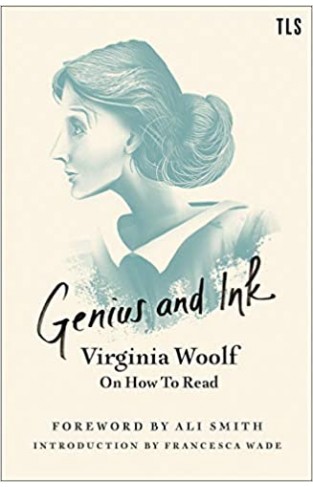
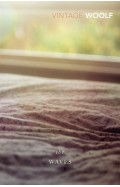
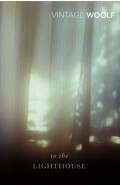
-Paperback-120x187.jpg?q6)
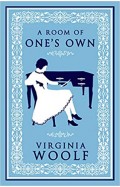
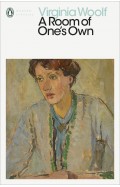
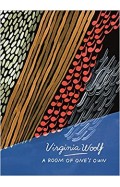
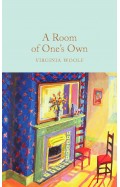
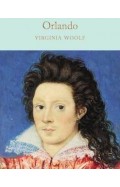
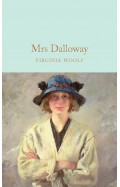
-120x187.jpg?q6)





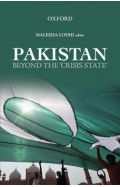
-120x187.jpg?q6)
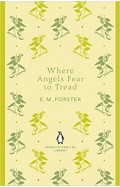
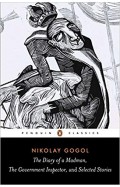
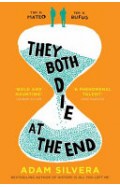
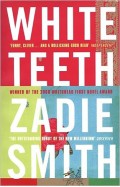

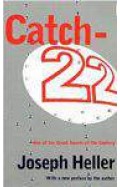

-120x187.jpg?q6)
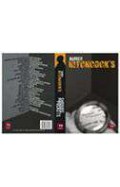
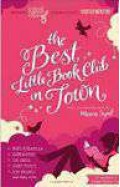
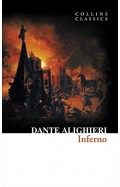
-120x187.jpg?q6)